5 ways to nail your next music performance
At University of North Carolina School of the Arts performing is a weekly, sometimes multiple times a week, occurrence with master classes, Performance Hour, concerts and recitals. We asked some seasoned college and graduate students for their tips on how they prepare to play for an audience beyond the advice of practice, practice, practice.
1. Focus on the musical message.
Instead of focusing on getting all the right notes in a passage, which is usually
not much fun to listen to or to play, focus on what you want to portray – a somber
mood or picturing a breathtakingly beautiful landscape. The music has more life and
is more engaging for the listeners. Having my own story in mind opens up the music
to be more expressive and exciting. – Marie Smith, M.M. French Horn
2. Picture yourself the way you want to perform.
Imagine the performance with detail: picture yourself on stage, how the instrument
feels in your hands, the audience in front of you, what the lights are like. Imagine
yourself performing successfully, positive emotions, playing difficult passages with
ease. This has been hugely helpful for me. Now, when I step onstage, I feel as though
I've been rehearsing the performance over and over again, and I can stand with confidence
in knowing that I am prepared. – Sami K. Eduy, M.M. Flute
3. Memorize using multiple factors.
Remember the way it feels when you play the piece, the way it sounds and the way the
notes look on the page. If you can’t recall one way, you have something to fall back
on. – Drake Duffer, ('13 HS) B.M. Classical Guitar
4. Feel comfortable with performing.
Whether that means set aside enough time to practice singing the melodic phrases,
warm up for longer than usual that morning or even just take time to practice breathing—feeling
comfortable makes every performance more enjoyable for you and your audience. Once
I have used that time where it is most needed, you must be ready to abandon your fear
of not being perfect. Your best performance is not when you sing every note right
or breathe in the right spots, but it is when you rely on all of your technique and
preparation. Let it do its job. Let go of all expectation of yourself. – Samantha Richardson, B.M. Voice
5. Test out your piece.
For me, there are many different levels of ready. I could have something ready for a lesson but would in no way be ready to play it in a recital. Being ready for a recital, competition or recording would imply that I have tested out a piece in many lessons and master classes. Bringing a piece to readiness is a long process that requires you to give yourself the opportunity to fail, if necessary. – Owen Dodds ('14 HS) B.M. Piano

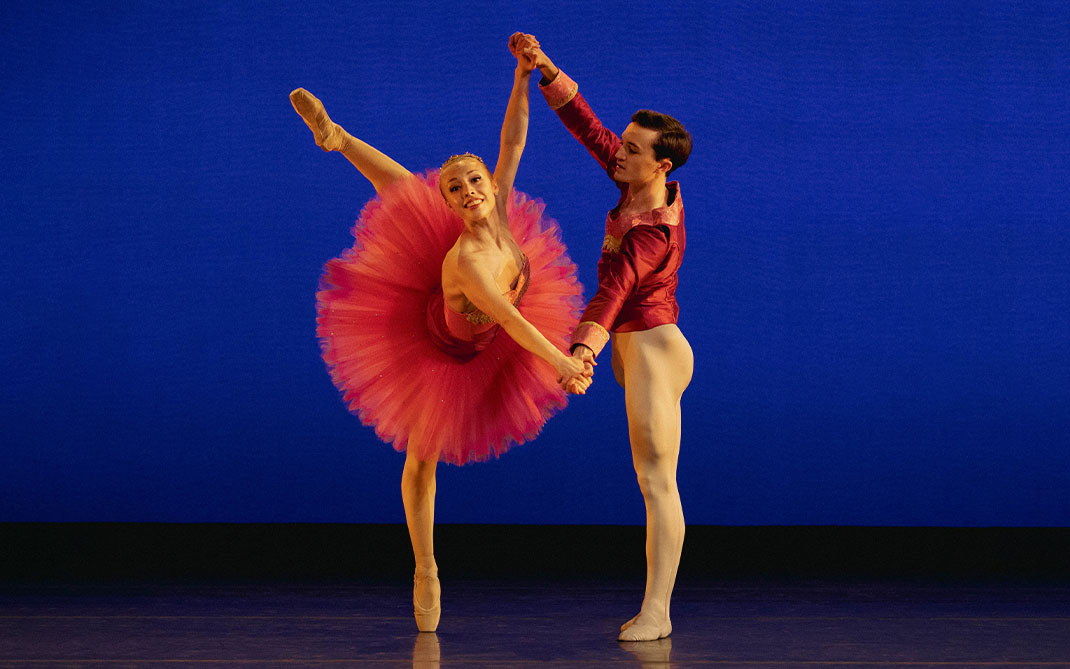

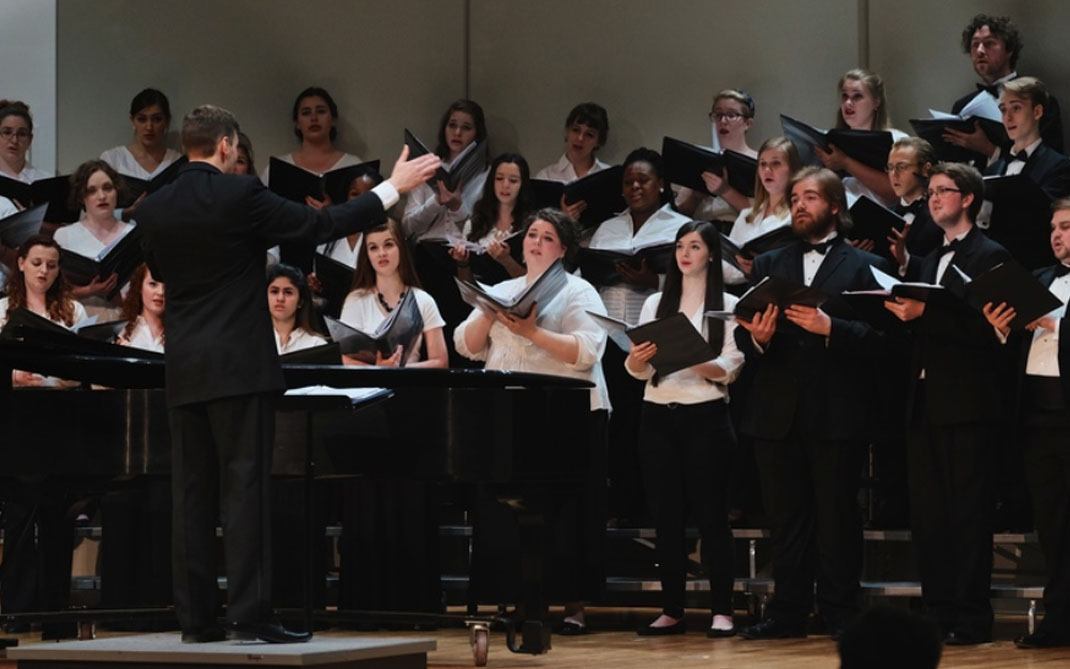
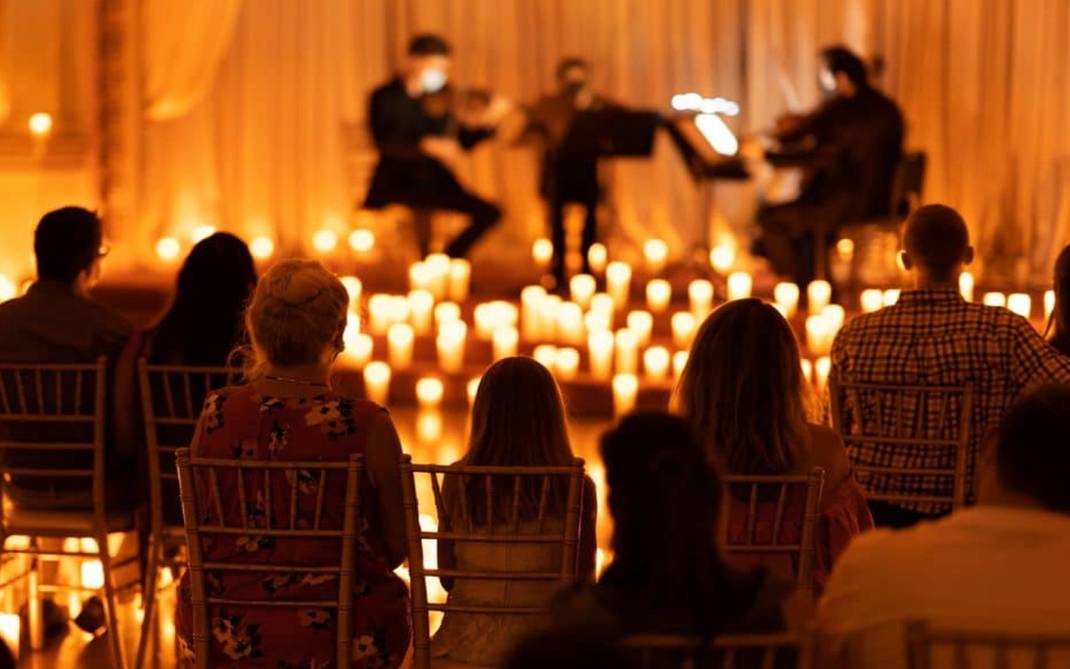
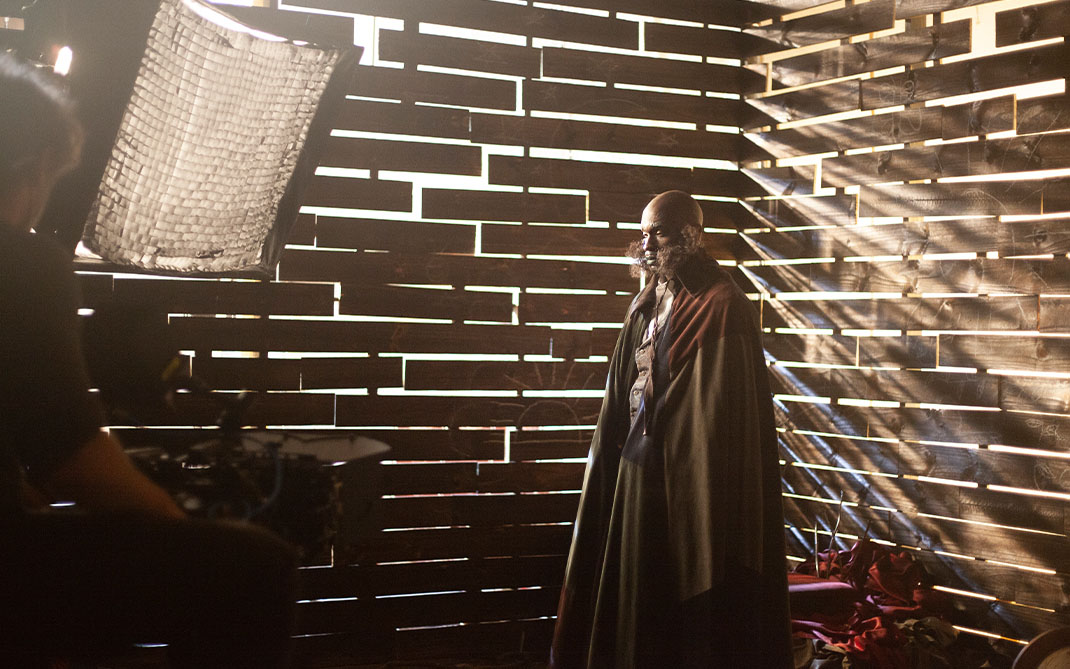
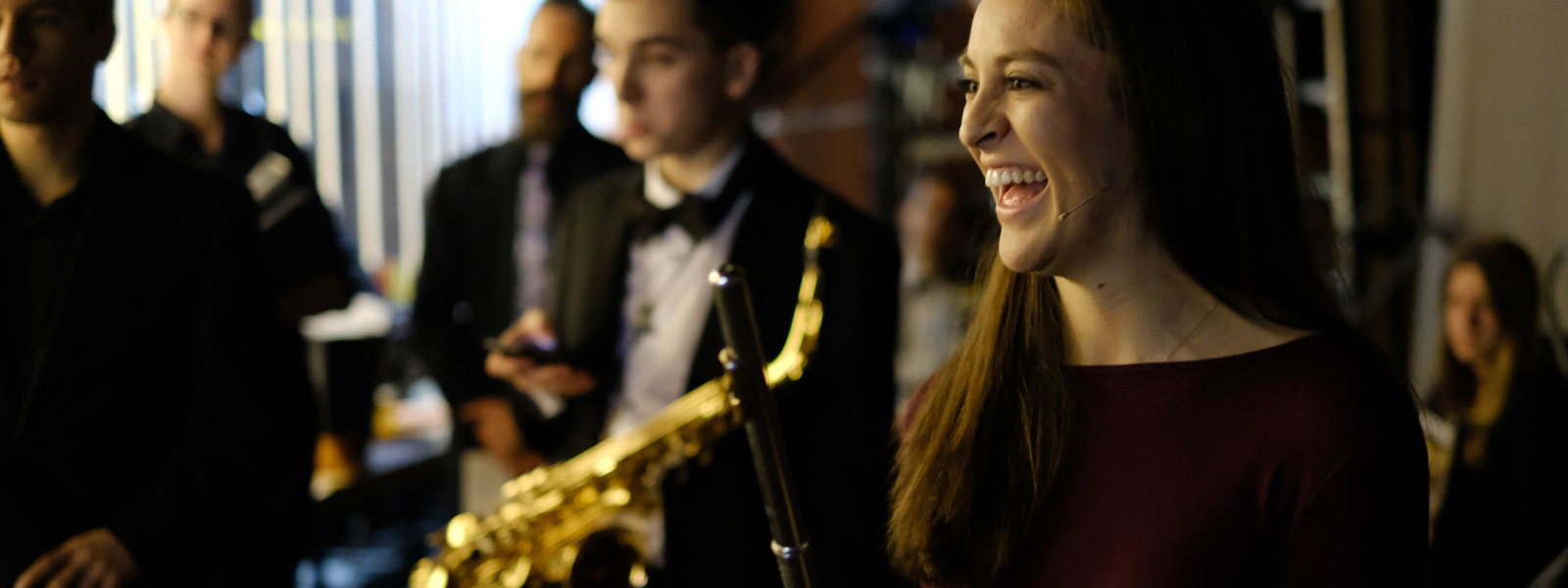
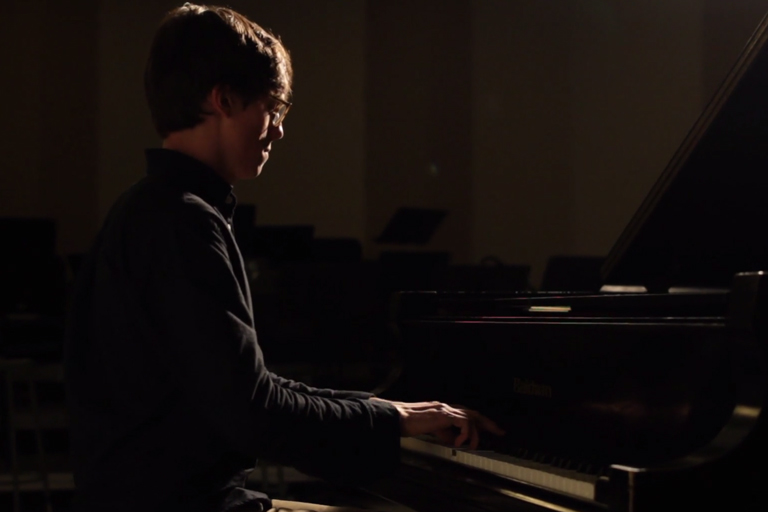
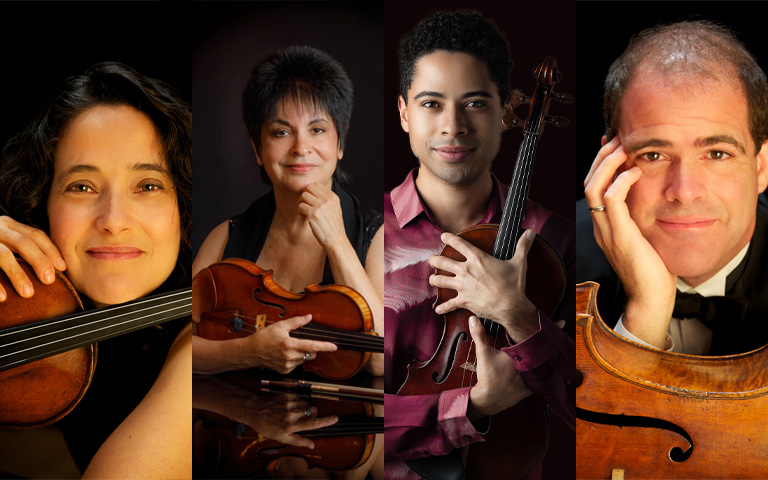 The Reynolda Quartet returns to Reynolda for a concert of works by Beethoven and Dvorák
The Reynolda Quartet returns to Reynolda for a concert of works by Beethoven and Dvorák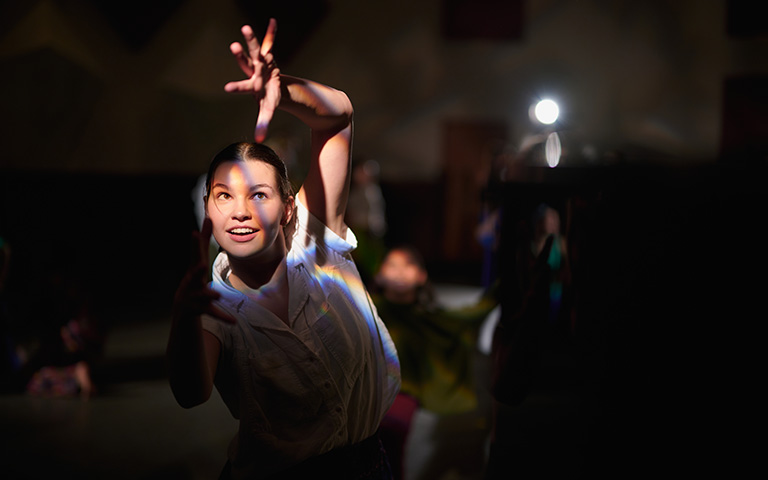 The future of immersive entertainment: UNCSA charts the course
The future of immersive entertainment: UNCSA charts the course UNCSA presents Pergolesi's comedic masterpiece 'Lo frate 'nnamorato'
UNCSA presents Pergolesi's comedic masterpiece 'Lo frate 'nnamorato'